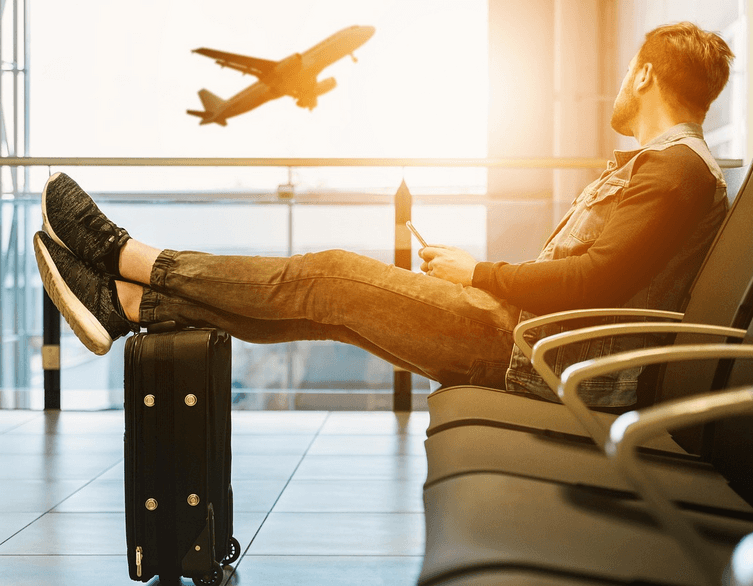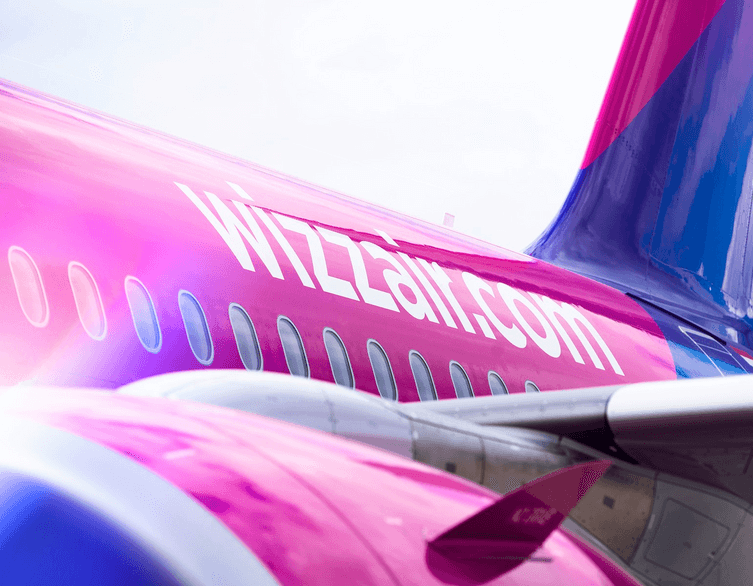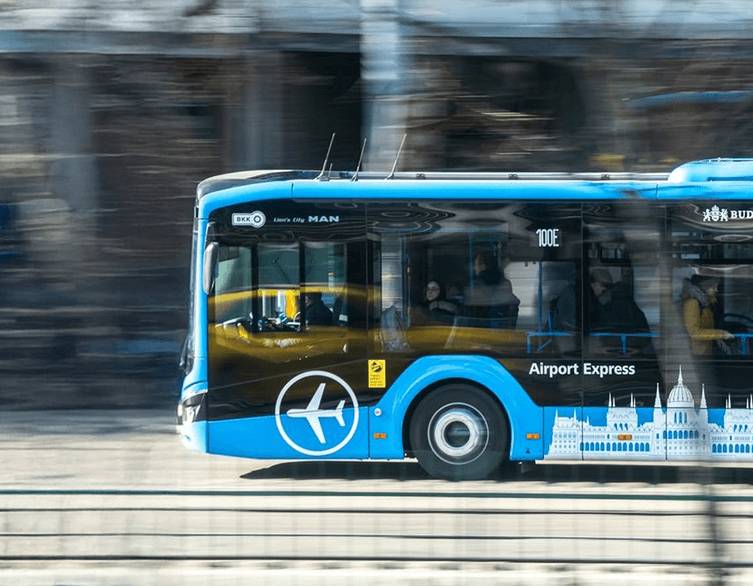Flying Through Budapest? What You Need to Know About Power Bank Rules

If you’re planning to fly through Budapest’s Liszt Ferenc International Airport, understanding the latest regulations about portable chargers could save you from unnecessary stress and potential confiscation of your devices. Airlines worldwide are tightening restrictions on power banks, and Budapest Airport enforces these rules strictly, making it essential for travelers to know what they can and cannot bring aboard.
Why Airlines Are Getting Stricter About Power Banks
The growing concern over portable chargers stems from genuine safety risks rather than arbitrary regulations. Power banks predominantly use lithium-ion or lithium-polymer battery technology, which under certain conditions can experience what experts call “thermal runaway.” This technical term describes a dangerous situation where internal heat generation exceeds the battery’s ability to dissipate that heat, creating a rapid and uncontrollable temperature increase that can lead to fire, explosion, or the release of toxic gases.
While smartphones and more sophisticated devices incorporate intelligent charging systems that prevent overcharging, many budget power banks lack these crucial safety features. The combination of increased power bank usage among travelers and the growing number of incidents involving lithium-based batteries has prompted airlines to respond with stricter policies designed to protect passengers and crew.
The January 2025 incident involving Air Busan dramatically illustrated these risks. Before an Airbus A321 could even take off from Busan to Hong Kong, a fire erupted in one of the overhead luggage compartments. A flight attendant spotted the flames coming from the rear left side of the aircraft, and all 169 passengers plus seven crew members evacuated through emergency exits. While nobody suffered injuries, the aircraft burned almost completely. Investigators concluded in March that a power bank caused the fire, prompting numerous Asian airlines to significantly tighten their power bank regulations immediately following the report’s publication.
Emirates Leading the Stricter Approach
Emirates Airlines became one of the most prominent carriers to implement comprehensive power bank restrictions, effective October 1, 2025. Following an extensive security review responding to increasing safety risks within the aviation industry, the airline introduced new rules that fundamentally change how passengers can travel with portable chargers.
Under Emirates’ current regulations, passengers may bring aboard only one power bank with capacity below 100 watt-hours. However, the critical change prohibits using power banks to charge personal devices during flight and forbids charging the power banks themselves from aircraft power sources. Every power bank brought aboard must clearly display capacity information, and passengers must store them exclusively in seat pockets or bags placed under the seat in front—never in overhead compartments. This storage requirement enables crew members to respond quickly and effectively during emergencies.
Emirates emphasizes that all their aircraft feature built-in power sources at seats, providing passengers with charging options that meet safety standards. The airline recommends travelers fully charge their devices before long flights, reducing dependence on portable batteries during air travel.
Wizz Air’s Long-Standing Ban
For travelers flying with Wizz Air through Budapest, understanding the airline’s position proves equally important. The Hungarian-based carrier informed travelers that they prohibit passengers from charging electronic devices aboard their flights due to fire hazards. This policy isn’t a recent development—Wizz Air has maintained these rules for years, even producing informational materials explaining the restrictions.
Best deals of Budapest
Wizz Air recently reported record summer performance, transporting more than 24.5 million passengers across their entire network between May and August, representing a 10 percent increase. In Hungary specifically, the airline carried 2.6 million passengers on 12,000 flights, marking a 13 percent rise. The airline expects to reach 8 million Hungarian passengers in 2025 and potentially welcome their 60 millionth Hungarian passenger this year. Despite this growth and the convenience passengers might appreciate from onboard charging, the airline maintains its strict safety-first approach regarding power banks.
What Budapest Airport Security Will Check
Budapest Airport clarified that power bank regulations follow international and European aviation standards. Security personnel at Liszt Ferenc International Airport conduct thorough checks during baggage screening, and their approach leaves no room for interpretation. Power banks may only travel in carry-on luggage, provided their capacity doesn’t exceed limits specified in international regulations. For certain higher capacity ratings, even carry-on transport requires special airline permission.
The airport strongly emphasizes one absolute rule: carrying power banks in checked luggage remains strictly prohibited regardless of energy capacity. This universal restriction exists across virtually all airlines because placing lithium-based batteries in the cargo hold, where crew cannot quickly access them during emergencies, creates unacceptable risks.
Budapest Airport reassuringly noted that the Liszt Ferenc International Airport has never experienced an incident connected to power banks. This clean safety record reflects the effectiveness of current security procedures and the importance of maintaining vigilance through strict enforcement.
The airport recommends travelers contact their specific airline before travel if they must bring power banks, since carriers may implement stricter regulations than baseline international standards. This proactive approach prevents surprises at security checkpoints and ensures compliance with airline-specific requirements.
Understanding Watt-Hour Ratings
Many travelers feel confused about watt-hour ratings and how to determine whether their power bank complies with regulations. Understanding this measurement helps you travel confidently without risking confiscation at security checkpoints.
Watt-hours measure total energy capacity. Most power banks display capacity in milliamp-hours (mAh) rather than watt-hours, requiring simple calculation. Multiply the mAh rating by the voltage (typically 3.7 volts for lithium batteries) and divide by 1,000 to convert to watt-hours. For example, a 20,000 mAh power bank equals approximately 74 watt-hours, falling comfortably within the 100 watt-hour limit most airlines enforce.
However, reputable manufacturers typically display both measurements on their products. If your power bank lacks clear capacity markings, security personnel may prohibit you from bringing it aboard regardless of actual capacity. Investing in quality power banks from established manufacturers ensures proper labeling and generally indicates better safety features that reduce risk.
Power banks exceeding 100 watt-hours but remaining below 160 watt-hours sometimes receive airline approval for carry-on transport, though this requires advance permission and usually limits passengers to two devices maximum. Anything exceeding 160 watt-hours faces outright bans from passenger aircraft.
Practical Tips for Traveling Through Budapest
Smart preparation ensures smooth passage through Budapest Airport security while maintaining ability to keep devices charged during your travels. Before your trip, verify your power bank’s capacity and ensure the rating appears clearly on the device itself. If the original marking has worn off or never existed, consider replacing the power bank with a properly labeled alternative rather than risking confiscation.
Fully charging all electronic devices before arriving at the airport reduces reliance on power banks during travel. Modern smartphones, tablets, and laptops offer impressive battery life when properly charged, often sufficient for shorter flights without supplemental charging. For longer journeys, Budapest Airport provides charging stations throughout terminals where you can top up devices during layovers or before boarding.
Keep power banks easily accessible in your carry-on luggage rather than buried at the bottom of your bag. Security personnel may request you remove them during screening, and having them readily available speeds the process. Never pack power banks in checked luggage, even accidentally—automated screening systems detect lithium batteries, and security will remove your luggage from the aircraft, causing delays and potential missed connections.
Research your specific airline’s power bank policies before travel, as requirements vary significantly. While some carriers like Emirates now prohibit onboard usage entirely, others permit charging under specific conditions. Knowing your airline’s stance prevents misunderstandings and helps you plan accordingly.
Alternative Charging Solutions
Given increasing restrictions on power banks, travelers might wonder about alternative charging options. Many modern aircraft, including those operated by Emirates and other major carriers, now feature USB ports or power outlets at seats. These built-in sources provide safe, unlimited charging capability without the risks associated with portable batteries.
Budapest Airport itself offers extensive charging infrastructure throughout its terminals. Dedicated charging stations featuring multiple USB ports and standard outlets appear in waiting areas, allowing passengers to charge devices before boarding. Some airport restaurants and cafes also provide charging capabilities at tables, letting you simultaneously eat and power up your electronics.
For travelers making multiple stops or facing long layovers, airport charging stations prove more reliable than power banks anyway. You can fully charge devices without draining portable battery reserves, saving those for situations where fixed charging truly isn’t available. This strategy also eliminates concerns about power bank capacity limits or usage restrictions during flights.
Consider investing in devices with longer battery life or more efficient power management if you frequently travel. Modern smartphones and tablets increasingly emphasize battery longevity, and selecting devices known for excellent battery performance reduces charging needs during travel.
Looking Forward: The Future of Travel Power
The aviation industry’s direction regarding power banks seems clear: expect continued scrutiny and potentially stricter regulations as safety concerns evolve. Rather than viewing these changes as inconveniences, travelers benefit from recognizing them as responses to legitimate hazards that protect everyone aboard aircraft.
Technology advances may eventually produce safer battery technologies that alleviate current concerns. Solid-state batteries, currently under development, promise significantly reduced fire risks compared to lithium-ion alternatives. If these technologies achieve commercial viability and manufacturers widely adopt them, airlines might eventually relax power bank restrictions.
Until then, travelers passing through Budapest should embrace current realities and plan accordingly. The combination of Budapest Airport’s strict enforcement, Wizz Air’s charging prohibition, and international carriers like Emirates implementing comprehensive restrictions means compliance isn’t optional—it’s mandatory for anyone wishing to fly.
Essential Reminders for Your Budapest Flight
Before heading to Budapest Airport, double-check that your power bank displays clear capacity markings showing it falls below 100 watt-hours. Pack it in carry-on luggage only, keeping it easily accessible for security screening. Never place power banks in checked baggage under any circumstances.
If flying with Wizz Air from Budapest, remember you cannot charge devices using power banks during flight, regardless of their capacity. For other airlines departing from Budapest, verify specific carrier policies regarding onboard power bank usage, as requirements vary significantly.
Arrive at the airport with fully charged devices to minimize charging needs during travel. Take advantage of Budapest Airport’s charging stations during any waiting periods before boarding. If you must bring a power bank, ensure it remains properly stored during flight according to airline requirements—typically in the seat pocket or bag under the seat in front of you.
Budapest Airport has maintained an excellent safety record with zero power bank-related incidents, reflecting the effectiveness of current security measures. By understanding and following these regulations, you contribute to maintaining that record while ensuring your own travel proceeds smoothly. The minor inconvenience of planning around power bank restrictions pales compared to the critical safety benefits these rules provide for everyone aboard your flight.
Related news
















